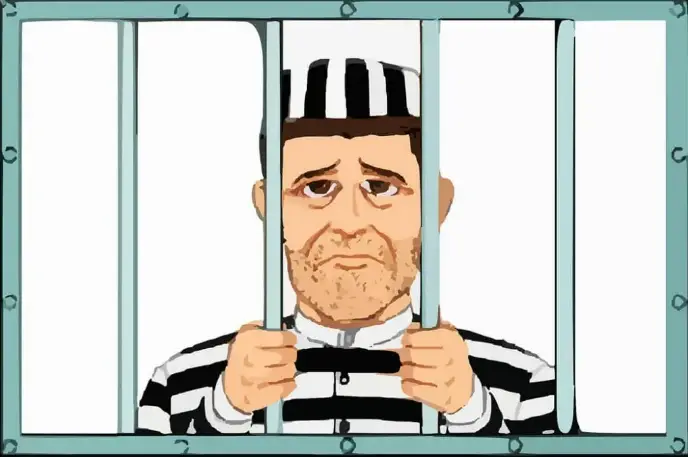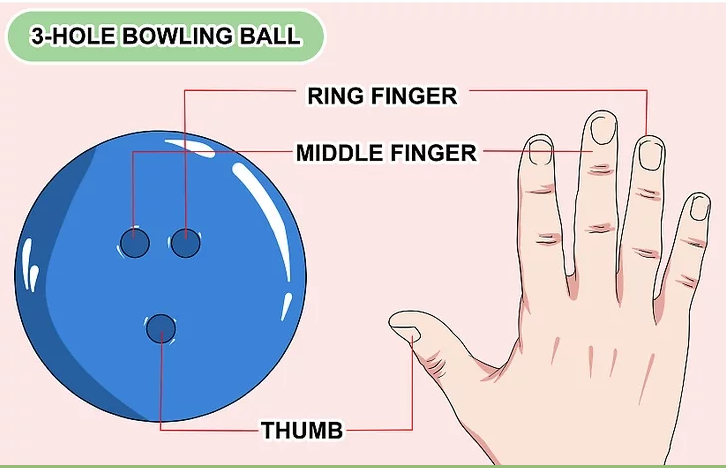In the realm of real estate, the unexpected can happen. Life’s uncertainties sometimes extend to your living situation, especially when you rent a property from a private landlord.
Have you ever wondered what occurs if your private landlord passes away while you’re residing in their property?
In this article, we’ll delve into the intricacies of this situation, providing insight into the legal, logistical, and personal aspects that tenants need to be aware of.

What Happens When Your Private Landlord Dies?
When your private landlord dies, several key steps typically follow. Firstly, you should notify the authorities and the landlord’s family or designated contact to secure the property. Review your lease agreement for clauses regarding the landlord’s death, as it often outlines the next steps. The property usually passes to the landlord’s legal heirs, who become your new landlords.
Your existing lease terms generally remain in effect, but there may be changes in the rent payment process or property maintenance.
Tenant rights often protect you from immediate eviction, and your security deposit should be transferred appropriately.
Communication with the new landlord is crucial to navigate any potential alterations to the lease terms or property sale, ensuring a smooth transition during this challenging time.
Understanding Private Landlords
It’s essential to understand who private landlords are. Private landlords are individuals who own residential properties and lease them out to tenants.
Unlike property management companies,private landlords typically manage their properties independently. Now, let’s dive into what happens when a private landlord passes away.

Immediate Steps
1. Informing Authorities
The first step in such a situation is to contact the authorities. If you discover that your landlord has passed away, promptly notify the local police and the property owner’s family or designated contact person. This step is crucial for ensuring that the property is secure.
2. Confirming Your Lease Agreement
Check your lease agreement for any clauses related to the landlord’s incapacity or death. Most lease agreements contain provisions that dictate how the situation will be handled in the event of the landlord’s passing.
Transitioning to New Ownership
3. Identifying the Legal Heir
In most cases, the property passes to the landlord’s legal heir or heirs upon their demise. It’s essential to determine who inherits the property as soon as possible, as this individual or individuals will become your new landlord(s).
4. Lease Continuation
Your lease typically remains in effect, even after the landlord’s death. The legal heir(s) must honor the terms and conditions outlined in the existing lease agreement.
5. Rent Payment Process
You will need to ascertain the new process for rent payment. The legal heir(s) may have a different arrangement or bank account for collecting rent payments.
6. Property Maintenance
It’s important to discuss property maintenance and repairs with the new landlord(s). Clarify how maintenance requests will be handled moving forward.
Potential Changes
7. Alterations to Lease Terms
The legal heir(s) may decide to alter the lease terms or conditions. Be prepared for potential changes and negotiate any modifications as necessary.
8. Sale of the Property
In some cases, the legal heir(s) may choose to sell the property. This could lead to changes in your living situation, such as the need to relocate.
Tenant Rights and Protections
9. Eviction Protections
Tenants are often protected from immediate eviction due to a landlord’s death. State laws and regulations may grant you certain eviction protections during this transition period.
10. Security Deposit
Ensure that your security deposit is transferred to the new landlord(s) or handled according to state laws. You should receive proper documentation regarding the transfer.
Conclusion
Navigating the situation when your private landlord passes away in America can be challenging, but understanding the legal and logistical aspects can help ease the process.
Remember to stay informed, communicate with the legal heir(s), and seek legal advice if necessary to protect your rights as a tenant.
Frequently Asked Questions
1. Can I be evicted immediately if my landlord dies?
No, you are typically protected from immediate eviction due to your landlord’s death. State laws vary, so check your local regulations.
2. What happens to my security deposit?
Your security deposit should be transferred to the new landlord(s) or handled according to state laws. Ensure you receive proper documentation.
3. Can the new landlord change the lease terms?
Yes, the new landlord(s) have the authority to alter lease terms, but they must communicate any changes with you and follow state regulations.
Recent Post: Does Gamestop Sell Amazon Gift Cards? [No, But Why?]







